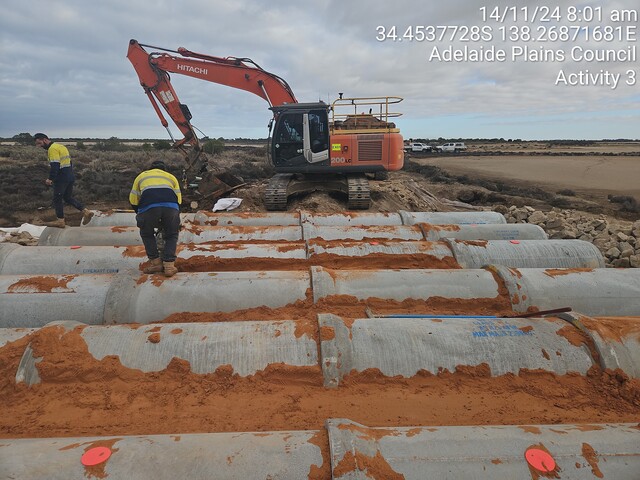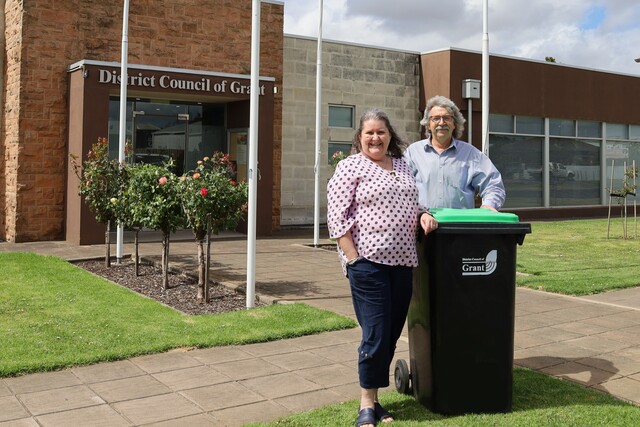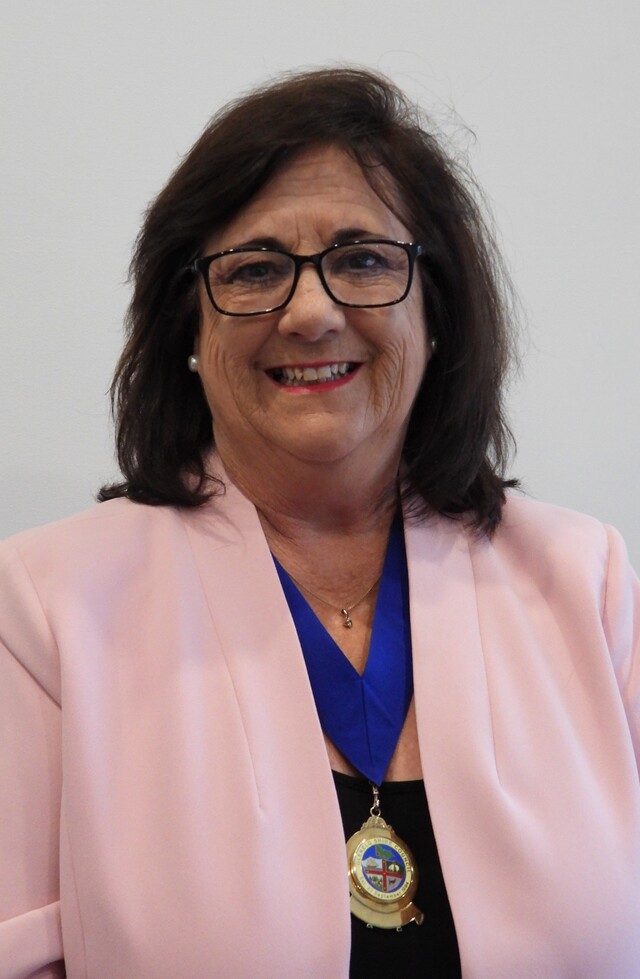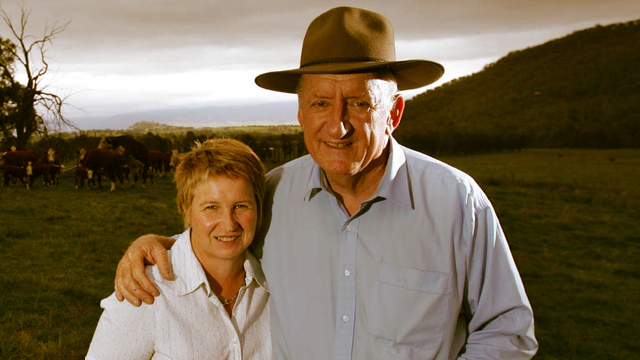Victorian Minister for Local Government Richard Wynne said the theme of the 2010 Local Government Professionals (LGPro) Conference, ‘Discovering the Silver Lining’, was fitting, as councils have come a long way in the last 12 months.
Staged in Melbourne from 18 to 19 February, the conference focused on how Local Government responds to difficult times, and how positive change for communities and councils can emerge from crises.
“At the last LGPro conference, we were in the midst of an extreme period of uncertainty,” Minister Wynne said. “We were facing the impact of the bushfires and extreme loss of life on communities, and we were also in the thick of the global financial crisis, dealing with an economy that we didn’t understand.
“We have responded to the challenges and we are now more confident, stronger and are playing an increasing role in communities.”
The Minister said collaboration with other spheres of government, other councils, the community and the private sector is key to the way forward. He said the Councils Reforming Business (CRB) initiative, which is being delivered by the Victorian Government and the Municipal Association of Victoria (MAV), has already seen councils become more productive and efficient.
“However, councils must further develop their relationship with the Federal Government to the same level that it has with the Victorian Government,” Minister Wynne said. “We want Victoria to be the leader in terms of reform in the Local Government sector. We are already way in front of every other State, but we need to maintain our competitive advantage and show the Federal Government that we have an appetite to do more.”
Keynote speaker Margie Keeton is the former CEO of Tshikululu Social Investments (TSI) in South Africa. Her presentation, ‘Rebuilding Communities, Restoring Hope – Experience from South Africa’, outlined her experience in improving life for people in a country swamped with AIDS and children orphaned as a result of the disease.
Margie Keeton said that in creating change, good intentions are not always enough.
“If you really want to help, it is not about what you want to give, but how you give it and interact with the beneficiary,” she said.
She referred to two homegrown interventions in South Africa. The first improved impoverished inner city areas and empowered people to take ownership of their lives, get educated and move out, while the second improved life for children who had lost their parents to the AIDS virus.
“Both started out in modest, uncertain beginnings, but people were moved by what they saw and stood up to help,” she said. “Over time, both organisations grew in confidence and as small changes were made, their capability has grown, partnerships have grown and a network of entrepreneurs has developed, bringing hope to the wider community.”
Margie Keeton said if you want to make change in any context, you have to be committed mentally and physically, and have no preconceptions.
“The world is large and when facing a huge challenge you will feel like you’re in the middle of nowhere,” she said. “But the smallest contribution can make a profound difference.”
She said the goal should be simple – ‘how do I make tomorrow better than today for these people?’
“Only take on what you have an appetite for and what you can stay the length of. “If you start big, you will fail big.
“Many communities are half developed because people rush in with a quick fix and leave. This doesn’t work.
“Scale back and scale down. You must be there for the long term and be patient.”
Margie Keeton said it is also important to find credible guides.
“Find out who to listen to – who in the community understands the problems, and who actually invests energy and compassion themselves,” she said.
“Spend time getting to know people, what they think their problems are and what they think they need, not what you think they do.
“The process needs to be about empowering people themselves to make change and you must ensure the foundations built are secured and extended to others on a sustainable basis.”
Margie Keeton said in determining communities to work with, you must look for places where people are victors and survivors, where there are still resources and energy and people have not given up.
“You also need to be served by people with purpose and who care,” she said. “Don’t just look for people who want a job, look for those who care and want to make a difference.
“Community development is not the same as community service. Let others set the agenda and timeframe and don’t dominate and try to do everything yourself.”







